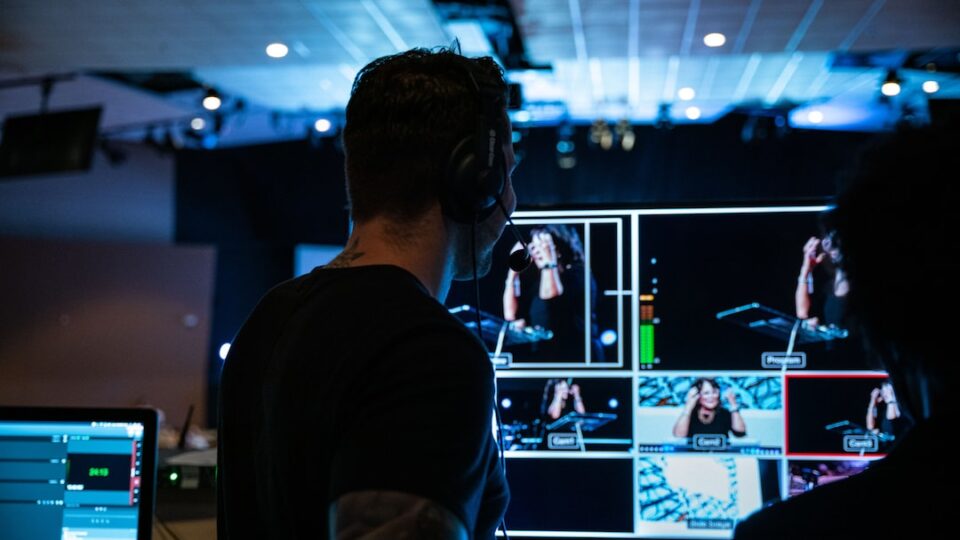Media Censorship: Examining the Effects of Limiting Freedom of Speech and Expression
Introduction
Freedom of speech and expression are fundamental pillars of a democratic society. They enable individuals to voice their opinions, share diverse perspectives, and hold those in positions of power accountable. However, media censorship poses a severe threat to these freedoms, potentially stifling free thought and hindering societal progress. This blog post aims to examine the effects of limiting freedom of speech and expression, analyzing the impact on individuals, societies, and the overall functioning of democracy.
Defining Media Censorship
Media censorship refers to the control, alteration, or suppression of information disseminated through various media platforms. Governments, institutions, or powerful entities often employ censorship tactics to manipulate public opinion, prevent dissent, or protect their interests. While some argue that censorship ensures social stability and safeguards against harmful content, this post focuses on the negative implications that arise from curtailing freedom of speech and expression.
Stifling Intellectual Growth and Innovation
Limiting freedom of speech and expression significantly hampers intellectual growth and innovation. When individuals are unable to freely express their ideas and opinions, exchange knowledge, or engage in critical discussions, the intellectual vitality of society suffers. Novel ideas that challenge the status quo may go unheard, preventing progress and hindering the development of new solutions to societal problems.
Furthermore, media censorship restricts the free flow of information necessary for research and scientific advancements. In an era of rapid technological advancements and global connectivity, stifling access to information impedes the growth of science and prevents the sharing of important discoveries.
Diminished Public Awareness and Participation
Media censorship weakens public awareness and engagement in important social and political issues. By suppressing alternative viewpoints and critical analysis, censorship limits the public’s ability to make informed decisions. A lack of diverse perspectives narrows the understanding of complex problems, hindering well-rounded discourse and potentially perpetuating misinformation.
Moreover, censorship plays a critical role in inhibiting public participation in democratic processes. Silencing dissenting opinions undermines the very essence of democracy, preventing citizens from effectively voicing their concerns and holding authorities accountable. Without an open and robust public debate, democratic systems become vulnerable to abuses of power and the erosion of social justice.
Breeding Fear, Self-Censorship, and Social Division
Media censorship instills fear among citizens, creating a chilling effect on freedom of speech and expression. When individuals fear reprisals or punishment for expressing their opinions, they are more likely to self-censor, choosing not to speak out on controversial or politically sensitive topics. This self-censorship not only hampers individual freedoms but also contributes to the erosion of collective knowledge, as valuable perspectives and insights are lost.
Furthermore, media censorship often exacerbates social divisions within societies. By choosing which information is disseminated and which is suppressed, censors can manipulate public opinion, perpetuating biases and reinforcing existing power structures. This manipulation leads to increased polarization, as different segments of society receive limited or biased information, further deepening fractures within communities.
Conclusion
Media censorship poses significant threats to freedom of speech and expression, inhibiting intellectual growth, diminishing public awareness and participation, and breeding fear and social division. For a democratic society to thrive, it is essential to protect these freedoms and encourage the free exchange of ideas. By understanding the consequences of media censorship, individuals and communities can actively work towards fostering an environment that values open dialogue, critical thinking, and the proliferation of diverse perspectives.

